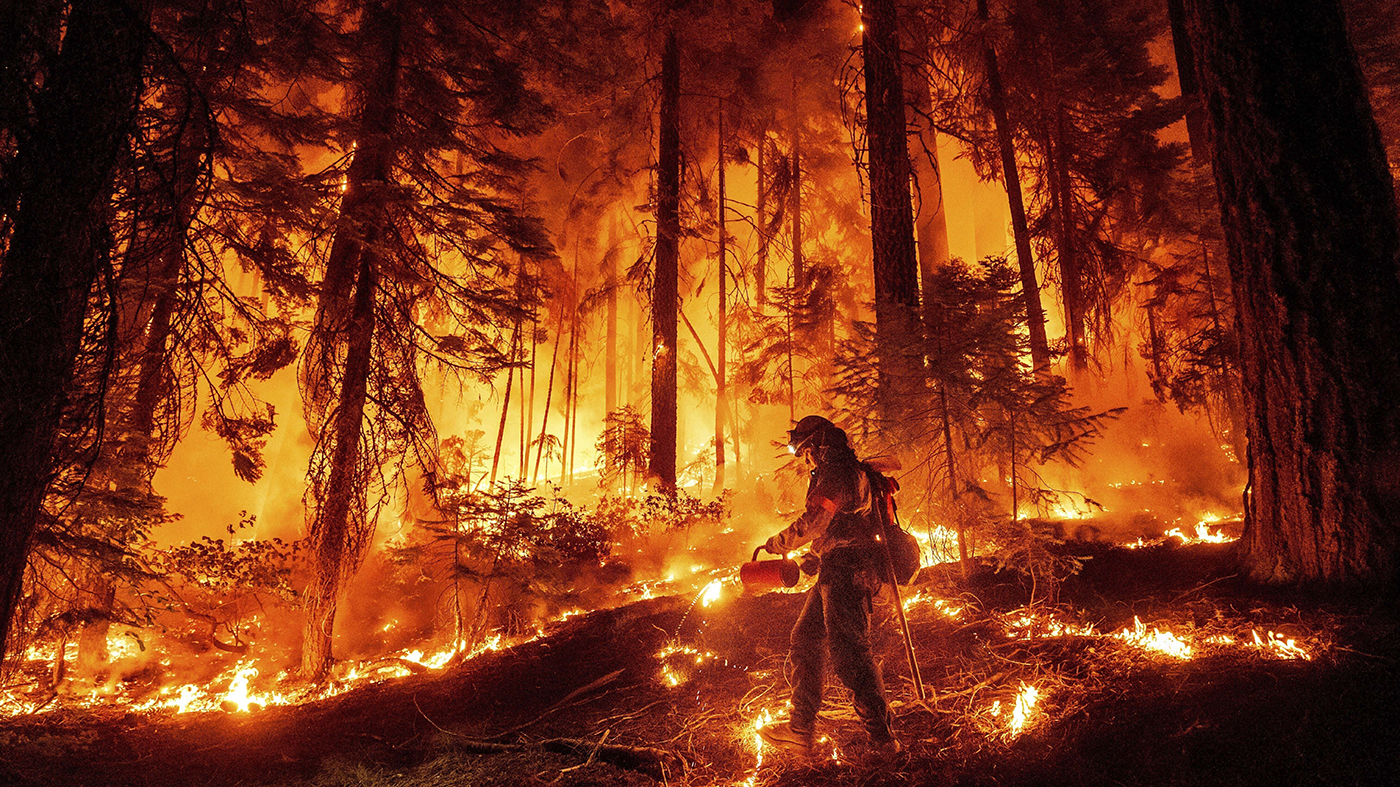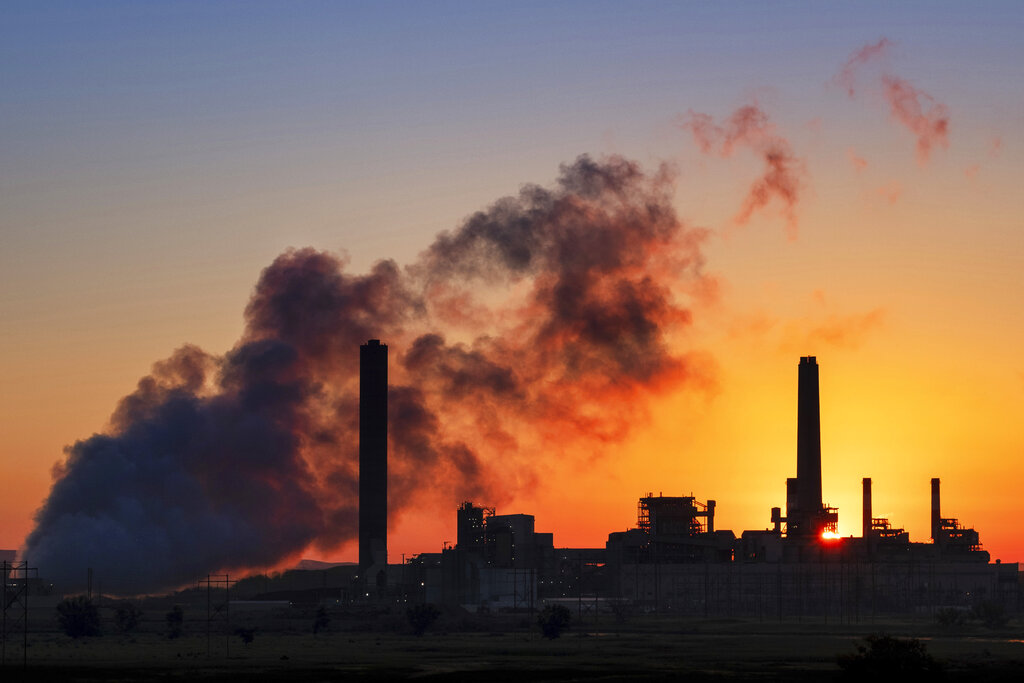In California alone, 17 active incidents collectively burned 675,724 acres as of midday Wednesday, a Cal Fire database showed. To date this season, 6,078 blazes have scorched 977,923 acres across the Golden State.
“It feels like the Inland Empire is virtually surrounded by fire currently on almost all sides,” climate scientist Daniel Swain said at a Tuesday webinar, referring to a Southern California metropolitan region.
Yet at the same time, he stressed that the fires had “escalated across not just California, but [in] adjacent states as well.”
Among those blazes is the Davis Fire near Reno, Nev., where flames have engulfed thousands of acres, as well as others in the Pacific Northwest.
The extent of wildfire activity this late in the season across the U.S. West is “stretching firefighting resource availability,” warned Swain, of the University of California, Los Angeles.
Many members of U.S. Forest Service wildland fire crews are slated to complete their seasonal employment in October, he explained.
“There’s not a lot of time before that happens. And there’s still an awful lot of fire activity on federal lands and otherwise,” Swain added.
California officials announced Wednesday that they had secured federal assistance to bolster its response to the burgeoning Airport Fire, which has led to the evacuation of thousands of people in the southern portion of the state.
“California is continuing to see extreme fire behavior across multiple locations in Southern California, where hot, dry weather has led to rapid fire growth,” Gov. Gavin Newsom (D) said in a statement.
The Airport Fire, burning in Orange and Riverside counties, was 0 percent contained as of midday Wednesday. Cal Fire characterized the incident as “an immediate threat to life,” noting that the blaze “is actively impinging upon structures in the area.”
On Tuesday afternoon, officials confirmed the mobilization of nearly 6,000 boots on the ground, in an effort to quash the quickly growing wildfires across the state.
The firefighters, soldiers, law enforcement and first responders on duty were accompanied by 141 water tankers, 51 helicopters and nine fixed-wing aircraft, the governor’s office stated.





















